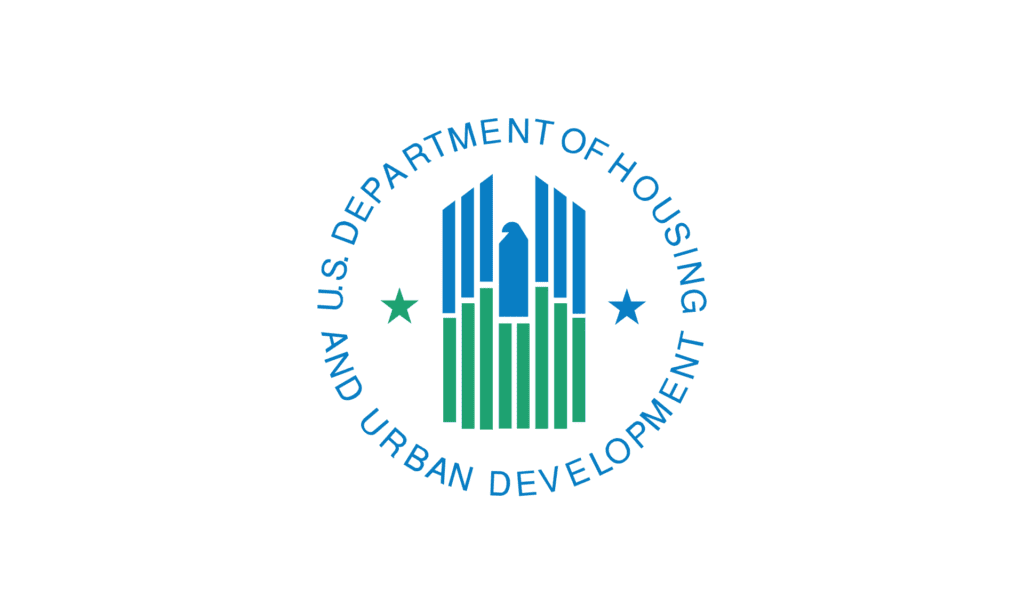
Last Friday afternoon, the Department of Housing & Urban Development (HUD) announced that the final version of changes to the Disparate Impact rule are approved for publishing in the Federal Register. The proposed changes effectively weaken the Fair Housing Act and make it more difficult for people to challenge discriminatory practices in housing.
“Disparate Impact” in housing refers to practices that “actually or predictably results in disparate impacts on a group persons or creates, increases, reinforces, or perpetuates segregated housing patterns” according to race, color, religion, sex, handicap, familial status, or national origin. The proposed changes increases the number of criteria necessary to show Disparate Impact and shifts the burden of proof to be primarily on the plaintiff (party alleging disparate impact) rather than on the defendant (entity that complaint is waged against), as it does in the current rule.
The Office of Information & Regulatory Affairs cleared HUD’s final version of proposed changes on September 2nd, opening the door to final publication. The changes go into effect within 30 days of their publication in the Federal Register, which is expected to occur in the coming weeks.
The proposed changes have been criticized widely as drastically weakening the Fair Housing Act by effectively gutting civil rights protections and enforcement against discriminatory practices. According to the National Low-Income Housing Coalition the proposal “…continues [the White House’s] pattern of attempts to weaken and disrupt the federal government’s responsibility to uphold its fair housing obligations under the law.”
With the multiple crises engulfing the country, this is not the time to be weakening Fair Housing protections. The on-going extrajudicial killings of Black people have brought about a national reckoning and re-examination of racism, discrimination, and segregation in the United States. The COVID-19 pandemic, and resulting economic crisis, is harming Black, Indigenous, and People of Color (BIPOC) at disproportionate rates. Natural disasters have occurred in short succession, from hurricanes in the southeast, to wildfires on the west coast, and to the unusual “derecho” storm in Iowa, destroying housing and displacing people. If anything, this is a time to re-examining and strengthening the protections we have in place that seek to eliminate prejudice and discrimination in housing access.
For more information, please visit these resources:
The final rule change can be viewed here:
6111-F-03 Disparate Impact Final Rule 9-3-20 FOR POSTING
Definition: Disparate Impact








